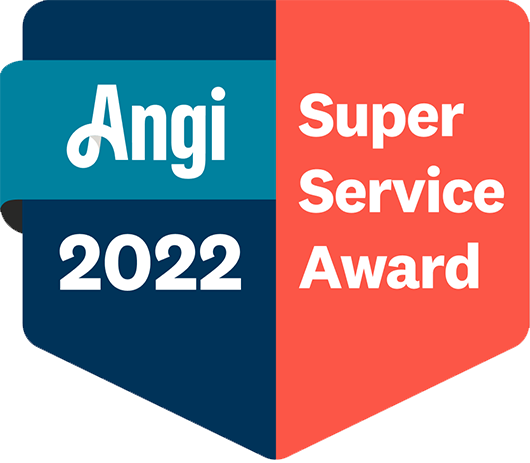Many homes in our area, including the best-designed ones, are bound to run into foundation problems at some point. Typically caused by differential settlement, seasonal weather changes, expansive soils, and/or poor drainage, serious foundation problems are quite difficult and costly to fix. But considering that these problems can cause major structural damage to your home, fixing them is of paramount importance in order to keep your home in top shape.
Depending on the type and extent of the damage, repairing a foundation can be an expensive job. While minor repairs may cost several hundred dollars to fix, repairing major damage, like deep cracks orfoundation sections that are sinking, can run into thousands and even tens of thousands of dollars. If you cannot afford to repair your foundation, there are a few financing options you could pursue.
Home Equity Loans and HELOCs
Home equity loans and home equity lines of credit (HELOCs) are two of the most popular ways to finance different home improvements, including foundation repairs. Because home equity loans and HELOCs are secured exclusively by real property, you need to have enoughequity built in your home in order to be eligible for these financing options. The main difference between these two types of loans is that a home equity loan provides a single lump sum that you’ll need to repay with equal monthly payments over a fixed term, while HELOC provides a revolving line of credit that allows you to borrow money repeatedly, as you repay the principal, up to a specific credit limit. Unlike home equity loans, HELOCs have variable interest rates, which means that your payments can decrease or increase over time, based on market conditions.
Cash-Out Refinance Loans
If you don’t want to take out an additional loan, you could opt forcash-out refinancing. While a traditional refinancing alternative replaces an existing mortgage with a new one for the same balance, a cash-out refinance loan will replace your mortgage with a higher loan amount than your outstanding loan balance. You could use the extra money to cover different expenses, including foundation repairs and other home improvements.
In general, cash-out refinance loans offer borrowers the flexibility to borrow up to 90% of the home’s value, based on the LTV ratio. For example, if your home is valued at $250,000, your mortgage’s outstanding balance is $150,000, and the lender is willing to offer you a cash-out refinance loan with an LTV value of 90%, the most cash you could obtain is $75,000.
If regardless of the reason, the aforementioned financing options don’t fit your situation, there are a few other financing alternatives you could opt for, such as:
- Personal Loans: These types of loans are excellent options particularly for the homeowners who don’t have sufficient equity in order to qualify for a home equity loan, HELOC, or cash-out refinance. Because these loans are recommended for mid-sized home improvements, getting a personal loan could help you cover the entirecost of foundation repairs. In addition, personal loans provide a few advantages over other types of loans. First and foremost, they’re available from a high number of financial institutions. Intense competition among lenders often translates into quick payouts, lower interest rates, and convenient repayment terms for borrowers. Additionally, personal loans don’t require you to use your home as collateral. These loans are typically granted based on the creditworthiness of each applicant.
- Home Repair Loan Programs: If you can’t afford to pay for foundation repairs in full and don’t want to take out a personal loan, you can find different foundation repair companies that have partnered with financial institutions specializing inhome repair financing. A home repair loan will allow you to pay for foundation repairs over a specific timeframe, without putting any money down initially. Some companies offer a variety of convenient home repair loans, which often have flexible repayment terms, very low-interest rates, or no interest. As well, it’s important to know that the lending standards of home repair loans can vary greatly among financial institutions, depending not only on the lender but also on the borrower’s credit score and financial situation.
To qualify for a home repair loan, you need to have afoundation inspection performed by a qualified contractor and get afree estimate. If you’ve identified any problems with your home’s foundation and don’t know what to do, Allied Foundation is a good place to start. To learn more about the foundation repair solutions that we provide and the financing methods that we accept, please get in touch with our friendly professionals, who will do everything they can in order to make your foundation repair project as painless and affordable as possible.



